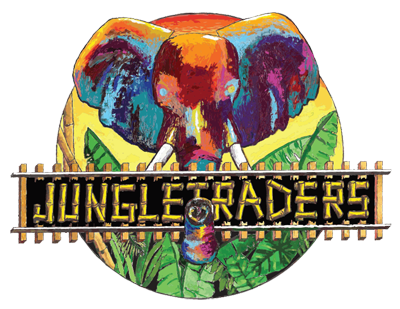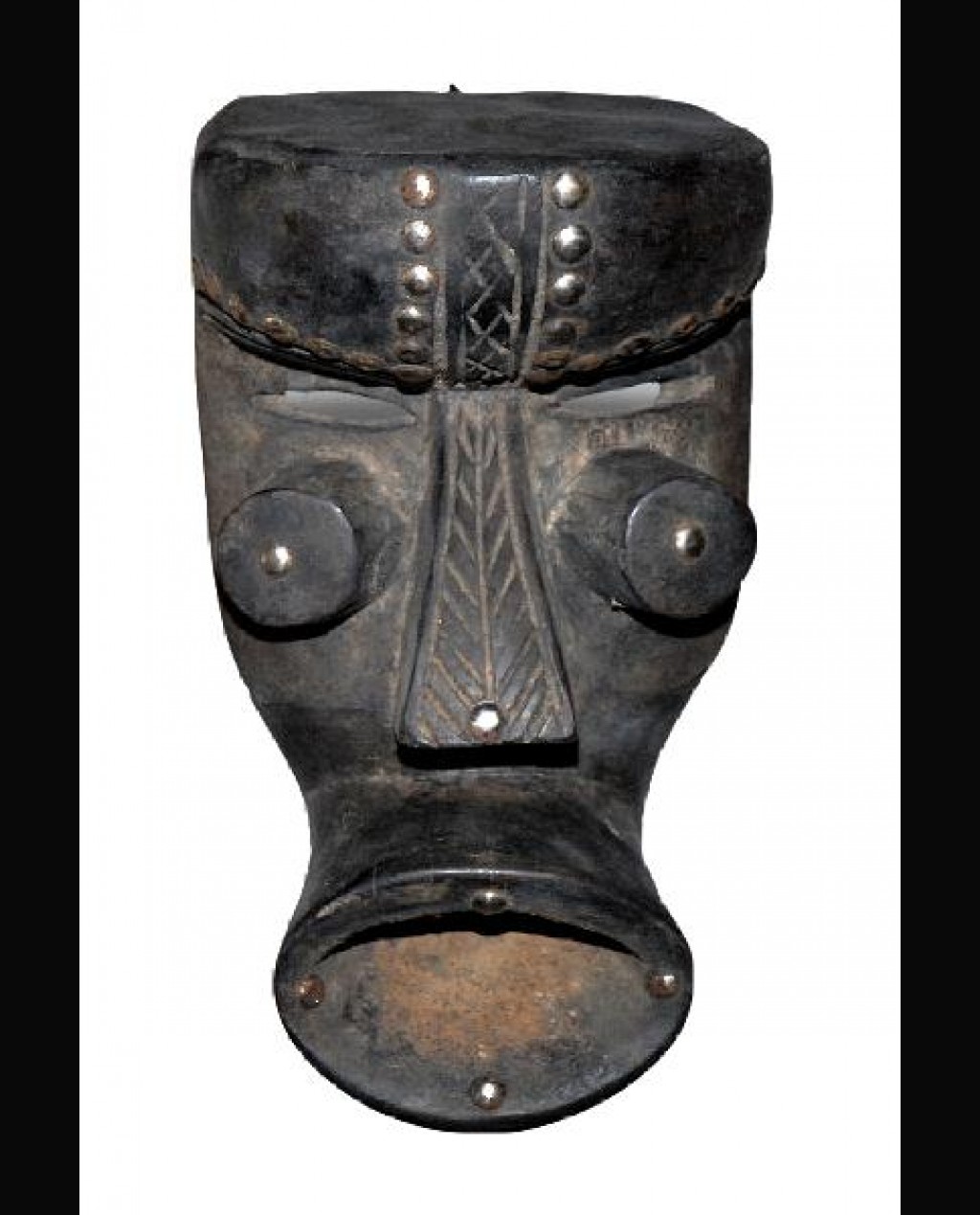The We, whose name means 'men who easily forgive', live in the forests on the western frontier of the Ivory Coast (Cote d'Ivoire). Although westerners call them the We people, they actually comprise two separate groups, the Wobe and the Gere. The We population is estimated to be 100,000. Their principal crops are taro, rice manioc maize, bananas and yams. Farming and hunting have been largely replaced by labor in diamond camps, however, or working in rubber plantations. Confederations govern the tribes - the largest is the warrior confederation which is led by a military chief, who also acts as a civil authority. The family unit plays an important role in We social life as well. Each is led by the patriarch, revered for his wisdom and wealth, who supervises the clan's life - he organizes weddings, settles conflicts and influences religious life. Wobe masks have protruding globular eyes and enlarged lips. The horns found on Gere masks are usually absent from Wobe masks. Like the Dan, the We use a wide variety of masquerades, which hold important regulatory position within their small, egalitarian communities. Masks are owned by families and used by individual lineage members in contexts of social control, boyメs circumcision camps, and entertainment. Most We masks were created to frighten with the gaping jaws and tubular eyes. The style of these forest living people differ from the sophisticated, gentle and often refined art of the neighboring savanna-dwellers. We people produce a variety of masks often characterized by enlarged triangular nose, an open mouth and tubular eyes.


About
Facebook